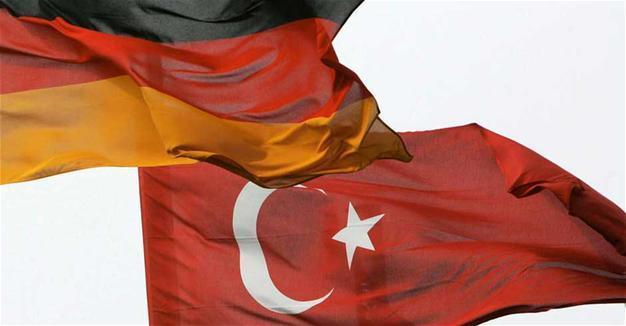Germany receives 262 asylum requests from Turkish diplomats and military officers
BERLIN

A total of 262 asylum requests from Turkish citizens who have worked as diplomats or soldiers are currently being reviewed by Germany’s Federal Office for Migration and Refugees (BAMF), Der Spiegel reported on April 1.
According to Der Spiegel, the BAMF had not yet made a decision on any of the cases.
Based on an assessment from the German Foreign Ministry, the BAMF is currently reworking its guidelines for Turkey, and the ratio of granted asylum requests from Turkey in Germany could soon rise because of this.
The foreign ministry found that there are “clear indicators that there is a systematic persecution of alleged members of the Fethullahist Terrorist Organization (FETÖ)” and that Ankara has made “excessive terrorism accusations.”
Following the failed July 15, 2016 coup attempt, followers of the U.S.-based Islamic preacher Fethullah Gülen applied for asylum in several countries.
Turkey has officially been in a “state of emergency” since a week after coup attempt.
When German media reported on Turkish military officers who had sought asylum in Germany earlier this year, one of the soldiers accused President Recep Tayyip Erdoğan of “attempting to eliminate pro-Western soldiers from the armed forces.”
Tensions are running high between the two NATO allies ahead of a referendum in Turkey on April 16 that will decide whether the current parliamentary system should be shifted to an executive presidency. Berlin infuriated Ankara by canceling several campaign rallies by Turkish ministers on German soil, drawing accusations from Turkey of “Nazi” tactics.
The tension continued to rise after Süddeutsche Zeitung, NDR and WDR on March 28 said Turkey’s National Intelligence Agency (MİT) had carried out spying activities and presented the information it gathered to German Federal Intelligence Service (BND) at the Munich Security Conference in 2016.
According to the reports, some 300 Gülenists living in Germany and nearly 200 schools and similar institutions affiliated to the group were on MİT’s list. The list allegedly included the addresses, mobile and landline numbers, and secretly taken photos of those suspected of being Gülenists.
 A total of 262 asylum requests from Turkish citizens who have worked as diplomats or soldiers are currently being reviewed by Germany’s Federal Office for Migration and Refugees (BAMF), Der Spiegel reported on April 1.
A total of 262 asylum requests from Turkish citizens who have worked as diplomats or soldiers are currently being reviewed by Germany’s Federal Office for Migration and Refugees (BAMF), Der Spiegel reported on April 1.